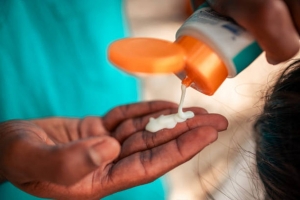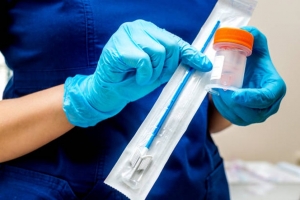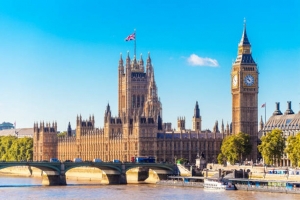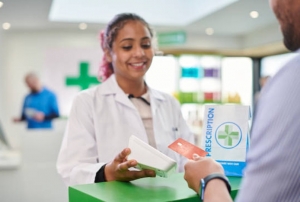Free Sunscreen Schemes Gain Favour Amid Heatwave
As temperatures climb, a Sheffield city-centre pub is handing out complimentary suncream and water in its beer garden, while Bassetlaw District Council has fitted dispensers in parks and other public spaces. A survey for the charity Melanoma Focus found 54 per cent of Sheffield residents are sunburnt at least once a year and 39 per cent seldom apply protection during a British summer, prompting calls for lotion to be as readily available as hand sanitiser.
The pub first trialled free suncream during the pandemic’s table-service days and kept the offer after seeing strong demand. Management say the gesture combines social responsibility with good business, encouraging customers to linger safely outdoors. Regulars praise the convenience, admitting sunblock is something they often forget to pack.
Further north, the council has installed four sunscreen stations, including one at Langold Country Park. Staff report constant refills and positive feedback from parents relieved to find protection on site. Local health officials hope the move will foster new habits and reduce long-term skin-cancer risk.
Similar efforts are under way in the Netherlands, where hospitals, beaches and schools now host free dispensers amid even higher melanoma rates than the UK. Dutch clinicians running the scheme argue that easy access plus early education can normalise daily use and, over time, bring case numbers down. In England, the Department of Health notes that high-factor suncream is VAT-free on prescription for certain UV-sensitive conditions and says its forthcoming National Cancer Plan will place greater emphasis on prevention.
Home HPV Kits to Boost Cervical Screening Uptake
From January, women in England who have delayed their cervical screening will be able to carry out the essential test at home. The new self-sampling packs contain a long swab to collect a vaginal sample for human papillomavirus (HPV) testing, the virus linked to the vast majority of cervical cancers. Currently, all women aged 25-64 are invited for screening at set intervals, yet more than five million are behind on appointments, well short of the NHS target for 80 per cent coverage.
Ministers say the move tackles long-standing barriers such as embarrassment, discomfort, lack of time, and cultural concerns. Only 68.8 per cent of eligible women take up the screening offer, with lower rates among younger women, those with disabilities, minority ethnic groups and LGBT+ communities. Trials suggest home testing could lift uptake to about 77 per cent within three years.
Women who have seldom or never attended will be posted discreetly packaged kits with pre-paid return envelopes. If HPV is detected, they will then be invited to a clinic for further checks on cervical cells. Health and Social Care Secretary Wes Streeting said making screening “simple and convenient” improves early cancer detection and saves lives. Cancer Research UK’s Michelle Mitchell welcomed the scheme, calling it “an important step towards eliminating cervical cancer for everyone”.
Separately, screening intervals will change this summer. Women aged 25-49 who test negative for HPV will move to five-year recalls instead of the current three, after research showed their risk of developing cervical cancer in that period is extremely low.
Spending Review Delivers Gains for Health and Schools, Falls Short on Social Care
Chancellor Rachel Reeves has mapped out the next three years of Whitehall funding, promising a 3 per cent annual rise for the NHS - about £29 billion extra overall - and a renewed push to anchor services in local communities. Money will train thousands more GPs and create millions of additional appointments, a move health leaders say is vital as rising numbers of people live with complex physical and mental conditions.
Social care wins some help, chiefly for children: £555 million from a Transformation Fund to keep more families together and £560 million to modernise children’s homes and foster places. Adult provision is less clear-cut. Up to £4 billion could flow into councils via the Better Care Fund by 2028-29, but ministers are waiting for Baroness Casey’s commission to recommend deeper reform. Critics warn that, without urgent cash, services will continue to buckle.
Education fares better. Core school funding climbs by £4.7 billion in cash terms, with a chunk reserved for expanding free meals and covering next year’s teacher-pay deal. Reeves is also pledging £2.3 billion a year for repairs plus £2.4 billion to rebuild more than 500 schools, while a forthcoming White Paper will overhaul the special educational needs and disabilities system. A further £1.2 billion will widen apprenticeships and training.
Housing gets the largest single headline: a £39 billion decade-long commitment to social and affordable homes - the biggest pledge in half a century. Disability groups welcomed investment in children, SEND and the NHS but condemned the absence of stand-alone adult-care funding, arguing that without a solid settlement the government’s growth ambitions risk faltering.
Heat-Health Alerts as England Braces for 33 °C
Yellow heat-health alerts now blanket much of England as forecasters predict temperatures approaching 33 °C. The joint warning from the UK Health Security Agency and Met Office covers London, the South, the Midlands and parts of the North. A persistent dome of high pressure is expected to generate the year’s first notable heatwave.
Although yellow is the lowest of the three alert levels, it still signals pressure on health and social care. UKHSA says older adults and people with long-term illnesses are most at risk and urges carers to keep living spaces cool and encourage hydration. Dr Agostinho Sousa stresses that even moderate warmth can precipitate serious illness.
Forecasters expect most daytime highs to sit in the mid-to-high twenties, with isolated spots nudging past 30 °C. This remains shy of the June record 35.6 °C yet is unusual for early summer. Rain is scarce; however, the heat may trigger brief but vigorous thunderstorms before fresher air arrives, and another warm surge is already possible.
Sun-dependent businesses are welcoming the forecast, with hospitality leaders talking of a timely boost and seaside ice-cream stalls rushing to restock. Emergency planners remain cautious: the London Fire Brigade warns that parched grassland, following an unusually dry spring, could ignite easily and spread fast, urging the public to avoid open flames and report smoke immediately.
Yellow heat-health alerts now blanket much of England as forecasters predict temperatures approaching 33 °C. The joint warning from the UK Health Security Agency and Met Office covers London, the South, the Midlands and parts of the North. A persistent dome of high pressure is expected to generate the year’s first notable heatwave.
Although yellow is the lowest of the three alert levels, it still signals pressure on health and social care. UKHSA says older adults and people with long-term illnesses are most at risk and urges carers to keep living spaces cool and encourage hydration. Dr Agostinho Sousa stresses that even moderate warmth can precipitate serious illness.
Forecasters expect most daytime highs to sit in the mid-to-high twenties, with isolated spots nudging past 30 °C. This remains shy of the June record 35.6 °C yet is unusual for early summer. Rain is scarce; however, the heat may trigger brief but vigorous thunderstorms before fresher air arrives, and another warm surge is already possible.
Doctors Raise Concerns Over Rapid Spread of New ‘Nimbus’ Covid Variant in UK
Health experts are warning of a rising number of cases in the UK linked to a newly identified Covid strain, known as NB.1.8.1 or “Nimbus.” According to the UK Health Security Agency (UKHSA), this variant is becoming increasingly common worldwide and has now been detected in at least 13 UK cases.
Countries including China, Hong Kong, and Ireland are also seeing sharp increases. NB.1.8.1 presents many of the familiar Covid symptoms - fever, congestion, and fatigue - but doctors note a particularly intense sore throat, described as a “razor blade sensation,” alongside swollen glands and redness in the throat. Gastrointestinal issues such as nausea, bloating, diarrhoea, and heartburn have also been reported more frequently in this strain.
Despite its higher transmissibility, health officials currently have no evidence to suggest that NB.1.8.1 causes more severe illness or that existing vaccines are less effective. The World Health Organization has placed the variant under observation due to its rapid global spread since it first emerged in early 2025.
Medical professionals continue to urge the public to remain alert. While the variant is not yet dominant in the UK, rising case numbers abroad suggest it could become more widespread in the coming weeks.
NHS Plans Major Expansion of Robotic Surgery to Tackle Waiting Lists
The NHS is preparing to significantly increase its use of robotic surgery in a bid to reduce waiting times and improve patient outcomes. Under new plans, the number of operations assisted by robots will rise sharply, with procedures such as cancer treatments, joint replacements, and gynaecological surgeries increasingly carried out using robotic technology.
By 2035, it’s expected that up to 500,000 procedures annually will involve robotic assistance, a major leap from the current 70,000. The technology allows for greater precision, faster recovery times, and shorter hospital stays, offering major benefits to both patients and the wider health system. Experts also note that robotic assistance reduces physical strain on surgeons and could lead to more operations being performed daily.
Currently used in a limited number of surgeries, robotic systems are forecast to become the norm for most keyhole procedures over the next decade. NICE has already approved their use in various soft tissue and orthopaedic operations, and there is strong backing from cancer charities for the potential to speed up treatment pathways.
However, health leaders have warned that this progress hinges on significant investment. Without urgent capital funding to support the rollout of robotic systems and upgrade hospital infrastructure, the NHS risks leaving many patients behind as it strives to modernise surgical care.
Severe Shortage of Vital Digestive Medicine Impacts Cancer Patients
Pharmacists across the UK are raising the alarm over a critical shortage of Creon, a pancreatic enzyme treatment essential for people living with pancreatic cancer, chronic pancreatitis, and cystic fibrosis. The ongoing supply crisis is forcing some patients to ration their medication - at times even skipping meals - just to make their prescriptions last longer.
Creon helps individuals digest food, and without it, patients struggle to maintain weight and strength, which is vital during treatments like chemotherapy. Over 61,000 people in the UK rely on this medication. The government has acknowledged that the shortage stems from Europe-wide production and supply chain issues, with limited access to raw ingredients and manufacturing delays cited as key factors.
Pharmacists say current measures to manage the shortage are failing, and the National Pharmacy Association reports a growing number of patients having to travel far or go without doses altogether. The Department of Health and Social Care has extended a serious shortage protocol to allow for substitutes, but professionals warn that alternatives are also scarce.
Health campaigners and medical charities are calling for immediate government intervention to boost supplies. They argue the prolonged lack of access to such a vital medicine is jeopardising patient wellbeing and compromising their ability to undergo life-saving treatments.
NHS Rolls Out Therapeutic Game to Support Children with Anxiety
A new digital intervention combining gaming and therapy is being offered to children in Gloucestershire to help tackle rising anxiety levels. Lumi Nova, a mobile game rooted in cognitive behavioural therapy (CBT), is designed to help children face their fears through engaging quests.
Initially commissioned in 2023 by the NHS Gloucestershire Integrated Care Board and Gloucestershire Healthy Living and Learning, the game was developed in response to growing concerns around children’s mental health following the Covid-19 pandemic. The initiative aims to provide early access to support amid increasing demand for services and long waiting times.
The app, available free to local families, uses personalised challenges to gradually build confidence and resilience. These tasks can include creative activities, watching short videos, or completing small steps towards overcoming specific anxieties in real life. It is designed to be used without referral or prescription, making support more accessible and immediate for children experiencing emotional difficulties.
Early feedback from a local survey of 50 families has shown encouraging results, with over 70% of children who used the app needing no further intervention. The success of Lumi Nova highlights the potential of digital solutions in addressing mild to moderate mental health concerns and supporting children’s wellbeing within their own environment.


